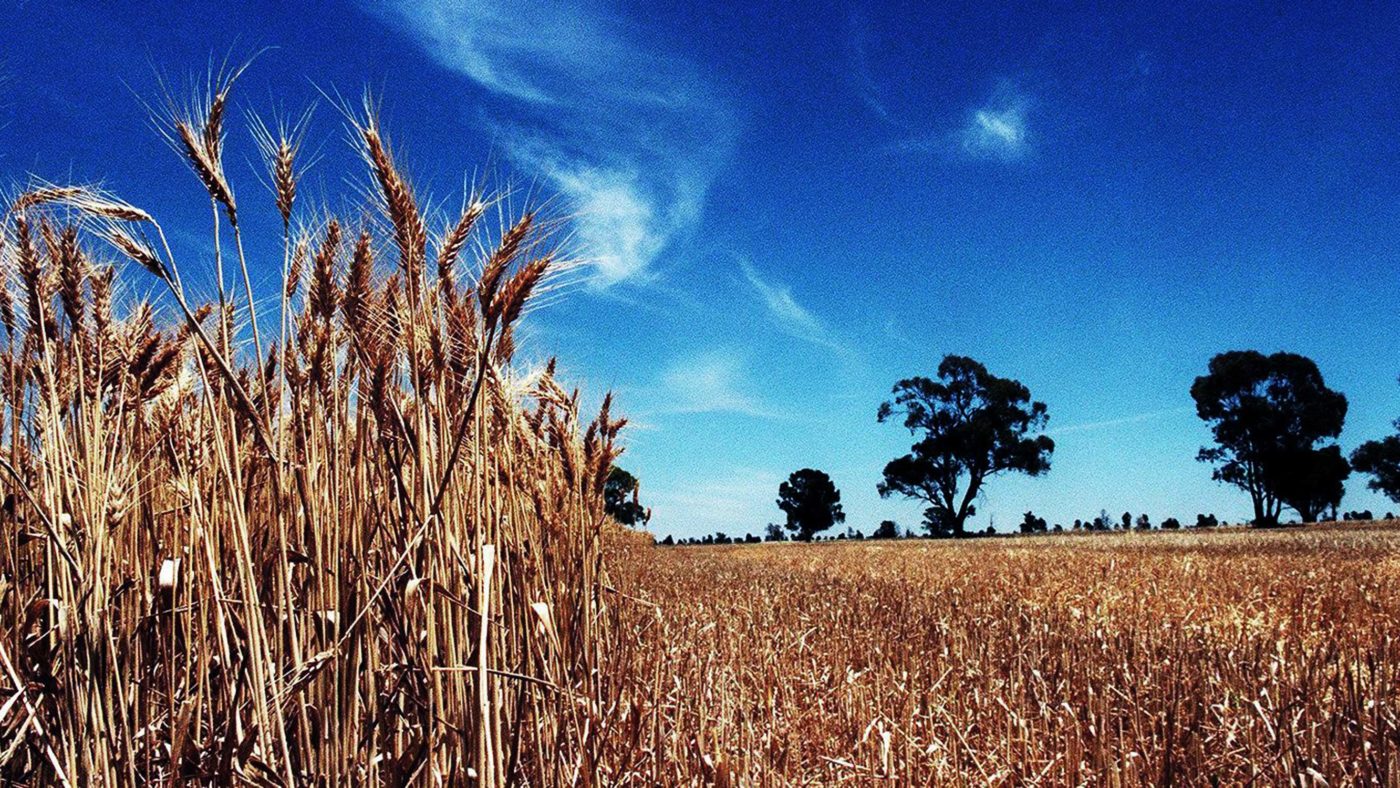With the Governor of the Bank of England warning about ‘apocalyptic’ food prices, the Government might want to look at the tariffs and quotas that are increasing the price of our imported food.
The UK imports on average about 1.8 million tonnes of wheat a year. The UK’s own wheat yields are usually weather-dependent, but this year the high cost of fertiliser will also play a part.
Canada is our largest wheat supplier, sending us 425,000 tonnes a year on average, but they were able to increase that to 532,000 tonnes last year when our own yields were low. After Canada, our next largest suppliers are Germany (277,000 tonnes), Denmark (270,000) France (238,000) and Romania (122,000).
For all the press about the disastrous effects on food prices of Russia’s invasion of Ukraine, we import relatively little from either country – 40,000 tonnes from Ukraine and 34,000 from Russia. Shortages resulting from the war are already pushing up international prices, but should not have a big impact on our own imports.
Rather incredibly, despite relying on Canada for wheat imports, the average tariff applied by the UK to our Canadian wheat imports was 16.9% in 2021, while our Ukrainian and Russian wheat imports had 27% tariffs added to them.
Australia is one of the world’s largest wheat exporters, last year it was second after Russia and ahead of the US and Canada, but in our new ‘Free’ Trade Agreement we have negotiated to keep our tariff-free quota for Australian wheat imports at only 80,000 tonnes and only reduce our tariffs over five years. Why are we slapping tariffs on a basic foodstuff, of which we import 2 millions tonnes a year?
And those tariffs are pretty substantial: As it stands, our Most Favoured Nation (MFN) wheat tariff is £79 per tonne. WIth international wheat prices at approximately £350 per tonne, that means we voluntarily add 22.26% to the price of imported wheat from MFN producers.
Who is this helping? Certainly not UK farmers, although it may be a boon to German producers who are buying their fuel from Russia – thus financing its invasion of Ukraine – while selling us zero-tariff wheat.
When we left the EU, many people called for tariffs to be removed completely on goods where the UK relies on imports. Sadly, that didn’t happen. The excuse given was that the high tariffs and quotas would be helpful in trade negotiations. But for many products, in our new Free Trade Agreements (FTAs) with Australia and New Zealand, we are only lowering these tariffs over many years. Even for goods where removing these tariffs immediately would benefit UK shoppers.
I expect the Rejoiner press, who so dearly want us to return to the EU fold, will soon tell us that new trade deals have made no difference to UK food prices. But will any UK journalist or politician ever bother to go through the FTA tariff data, line by line, to see how we are still limiting food imports from Australia and New Zealand?
The EU is presently the UK’s largest imported food supplier – because of the trade restrictions we apply to keep out food from other producers. Both Australia and New Zealand have large land masses relative to their populations. This has allowed both of them to developed agricultural export industries – industries that could really help UK consumers.
However, in the new FTAs the UK’s tariffs for these products will only be slowly reduced over 4, 5, 6, 8, 9 or 11 years; tariff-free quotas that will only be gradually increased over 4, 5, 8 or 10 years; while Product Specific Safeguard measures will keep meat imports constrained for a further five years after the quotas have finally expired. So we will only have free trade with Australia and New Zealand 16 years after the agreements have been ratified and at least 23 years after the UK voted to leave the EU’s Customs Union.
As well as lowering prices for consumers, having a diversity of suppliers helps when international supply chains are disrupted, as they have been due to Covid lockdowns and Russia’s invasion of Ukraine. It is also better to rely on trusted partners for the supply of essential items like food and fuel – and it’s hard to think of two more reliable allies than Australia and New Zealand.
Click here to subscribe to our daily briefing – the best pieces from CapX and across the web.
CapX depends on the generosity of its readers. If you value what we do, please consider making a donation.


